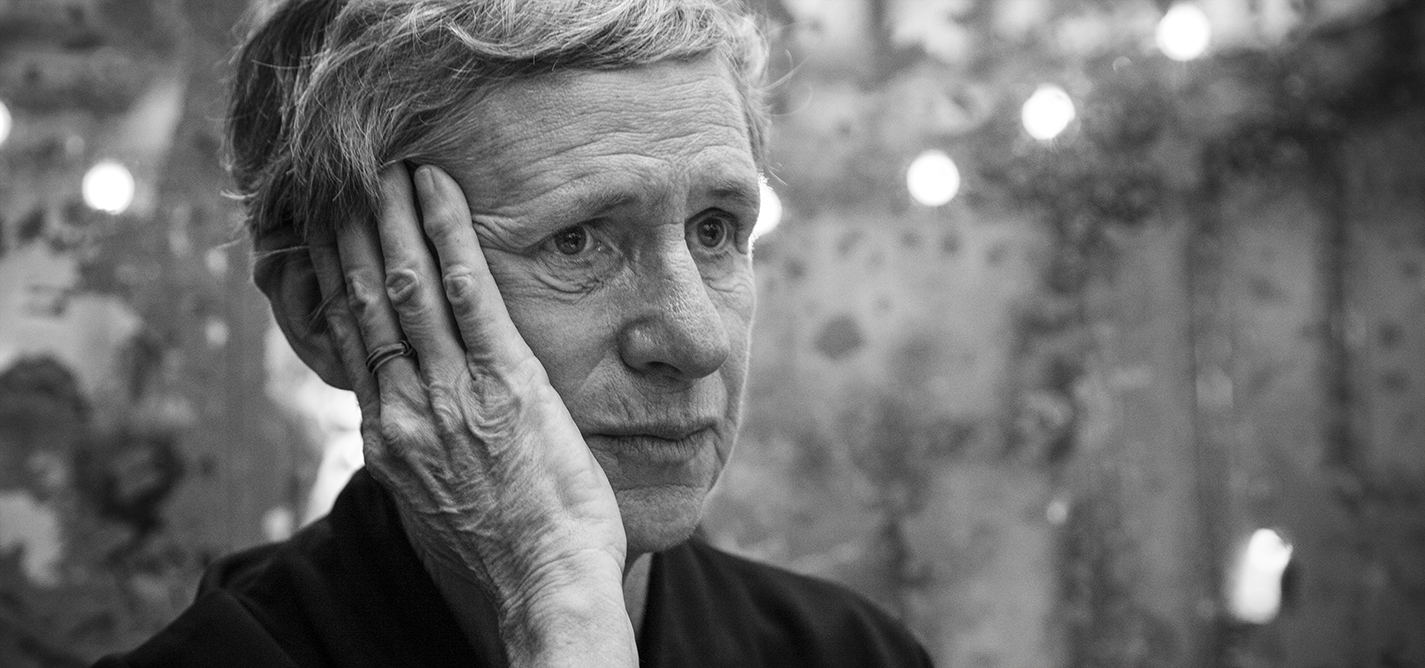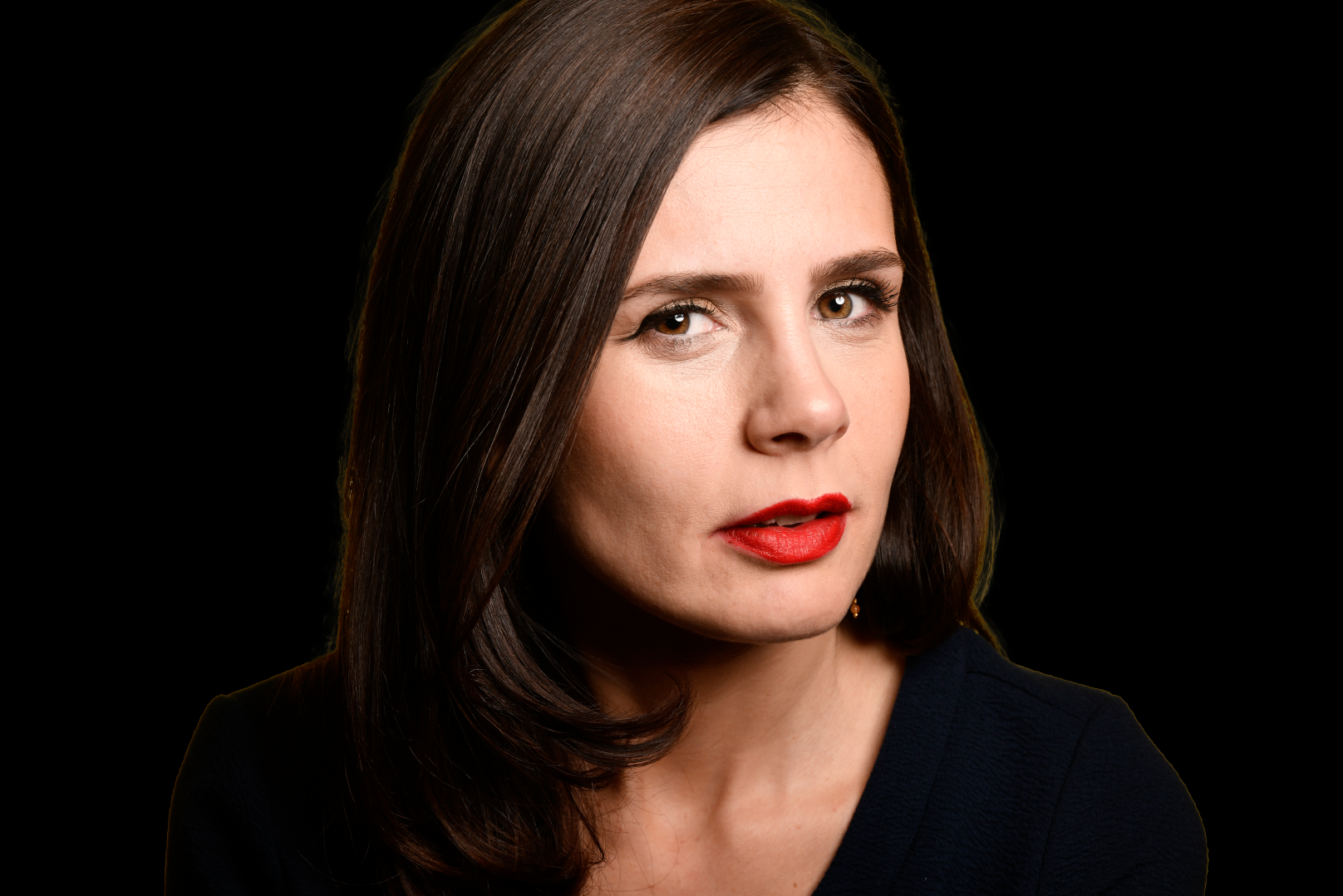
Sian Jones: Institutions have done nothing for survivors of sexual violence — now it’s their chance to do something
Amnesty International’s researcher for Kosovo talks to K2.0 about war crimes, missing persons and failed justice.
|09.10.2017
|
"The fundamental indicator of LGBTI rights is the prosecution of hate crimes, and I haven’t seen any effective prosecutions for hate crimes in Kosovo."
"I think that is one of the most painful issues left over from the war, and the family’s feel that the institutions have forgotten about the missing."
"You can understand why people didn’t have faith in UNMIK’s justice system; they didn’t have faith in EULEX, and now they won’t have faith in the Kosovo prosecutors."
"Many of the survivors cannot let go of the past because of what happened to them — despite all the counseling and help they have received. They need this from the government — almost every woman I have spoken to has said: 'The institutions have done nothing for us.'"

Dafina Halili
Dafina Halili is a senior journalist at K2.0, covering mainly human rights and social justice issues. Dafina has a master’s degree in diversity and the media from the University of Westminster in London, U.K..
This story was originally written in English.